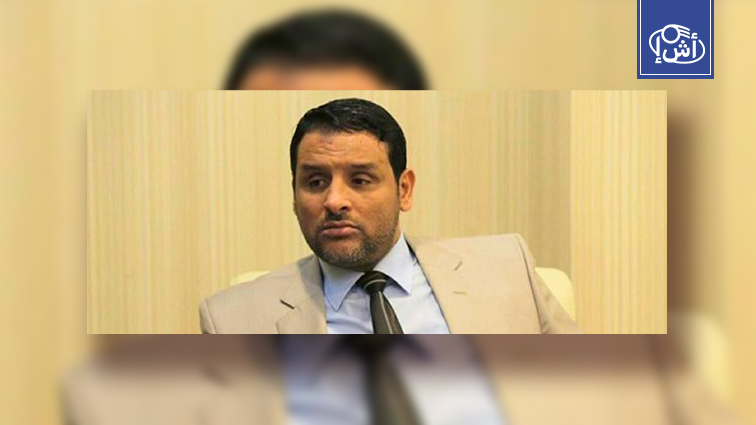The former spokesman for the State Advisory Council, Al-Senussi Ismail, stressed his rejection of any attempts to replace the House of Representatives and the State with a high-level committee, describing them as unacceptable.
These statements came against the backdrop of the meeting that brought together Aguila Saleh, Speaker of the House of Representatives, Mohamed Takala, President of the Council of State, and Mohamed Al-Menfi, President of the Presidential Council, in Morocco, which is considered an opportunity for progress in the Libyan political process.
Ismail explained that if progress is not achieved during these talks, it is expected that there will be widespread international intervention towards the situation in Libya, which has become the focus of interest and conflict between many countries.
He also stressed that the Arab League plays the role of the final mediator to achieve a peaceful political solution, pointing to the consensus among the active countries within the League on ways to reach a solution to the crisis.
On the other hand, he pointed out that the situation in Libya is exceptional, as the country faces many challenges, including the systematic plundering of its wealth by internal corruption systems and internationally supported gangs.
Ismail added that the current government is obstructing the issuance of electoral laws, which hinders the democratic process, stressing the importance of setting clear rules to get out of the impasse of political division without negatively affecting the Libyan economy or restricting the freedom of the Libyan people.
The House of Representatives and the State emerged in Libya as a result of the Libyan Political Agreement signed in Skhirat, Morocco, in 2015. The agreement stipulated the establishment of a House of Representatives that represents all parts of Libya, and the establishment of a Supreme Council of State that represents previous legislative bodies, such as the General National Congress, and serves as an advisory body to the House of Representatives.
The House of Representatives has the power to legislate and issue laws, grant or withdraw confidence to the government, and elect the head of state. As for the Supreme Council of State, it provides advice to the House of Representatives on laws and legislation, participates in drafting the new Libyan constitution, and exercises oversight functions over the government’s performance.
The Libyan General Command announces its support for the appointment of the Speaker of the House of Representatives as Commander-in-Chief of the Army
